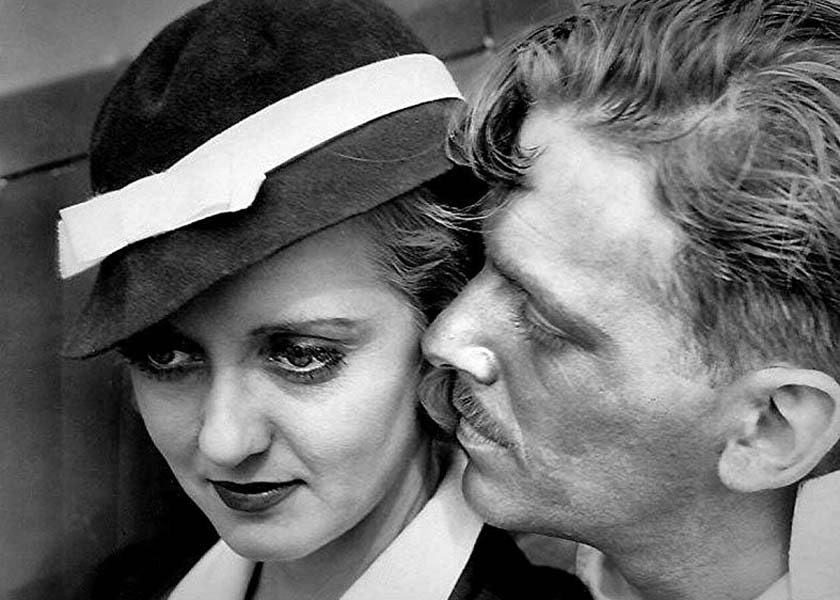Synopsis
Bill Keller (Fairbanks) and Toodles Cooper (McHugh), recently released from the Marines, search for jobs. Bill brings 'Alabama' Brent (Davis), who is jobless and homeless, to their apartment. Bill talks two aviators into letting him do a parachute-jumping stunt. They pay him $75 that he uses to buy a chauffer’s outfit, and he is hired to chauffer rich Mrs. Newberry (Dodd). Kurt Weber (Carrillo), her lover, discovers Bill kissing her. He confronts Bill, who proves that he is both brave and a good shot. Weber, a businessman with enemies, immediately hires Bill as his bodyguard.
Weber pays Bill and Toodles to fly a planeload of illegal alcohol from Canada. In a nightclub, Weber’s henchman shoots two men. Several corrupt policemen, drinking at the club, verify the henchman’s false statements about the killings. After this incident, Bill wants to quit, but Weber asks him and Toodles to make one more flight to Canada. In flight, Bill learns that the cargo contains narcotics. He warns Toodles, crashes his own plane, and delivers Weber to the US Border Patrol. Still jobless, Toodles rejoins the Marines. Bill proposes to Alabama, and they plan on marriage.
Discussion
The busy plot of Parachute Jumper meanders through a series of incidents, following Fairbanks Jr. as he moves from job to job. The scenario includes plenty of racy dialogue and situations typical of Pre-Code Warner Bros. films. Fairbanks, handsome and charming, is an engaging leading man. Davis, who had not yet found her screen character, has a supporting role in a part that could as easily been played by Joan Blondell. Leo Carrillo, who plays a murderous gangster, was a busy actor in the mid-1930s, appearing in about five films a year and headlining many low-budget features. A versatile performer, Carrillo's several roles in 1933 alone had him playing a nasty gangster, a blackmailer, a softhearted gambler, a comic Greek, and a heroic barber.
Alfred E. Green’s directorial career began in 1916 and continued uninterrupted until 1958. A prolific filmmaker, he directed nearly one-hundered features in the silent and sound eras. Although most of his films are B-level programmers (typically shown as the second half of double features), he handled some A-level projects. He directed George Arliss, in Disraeli (1929), and Bette Davis, in Dangerous (1935), to best acting Academy Awards.
Other films produced during the brief Pre-Code Hollywood period from 1930-34 (before enforcement of the the Motion Picture Production Code restricting profanity, violence, sexuality and cynical content from films) include The Bachelor Father, Blondie of the Follies, Employee's Entrance, Hat Check Girl, A House Divided, The Kiss Before the Mirror, Ladies They Talk About, Laughter in Hell, The Maltese Falcon, Safe in Hell, She Had to Say Yes and Ten Cents a Dance.

